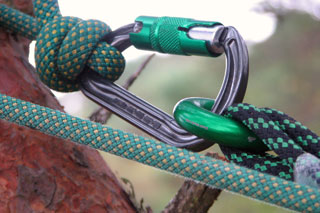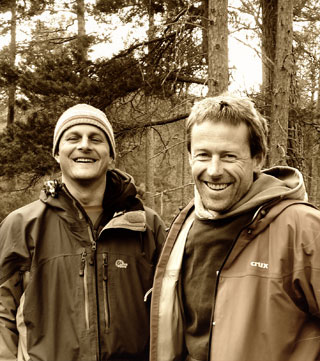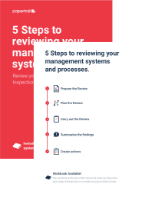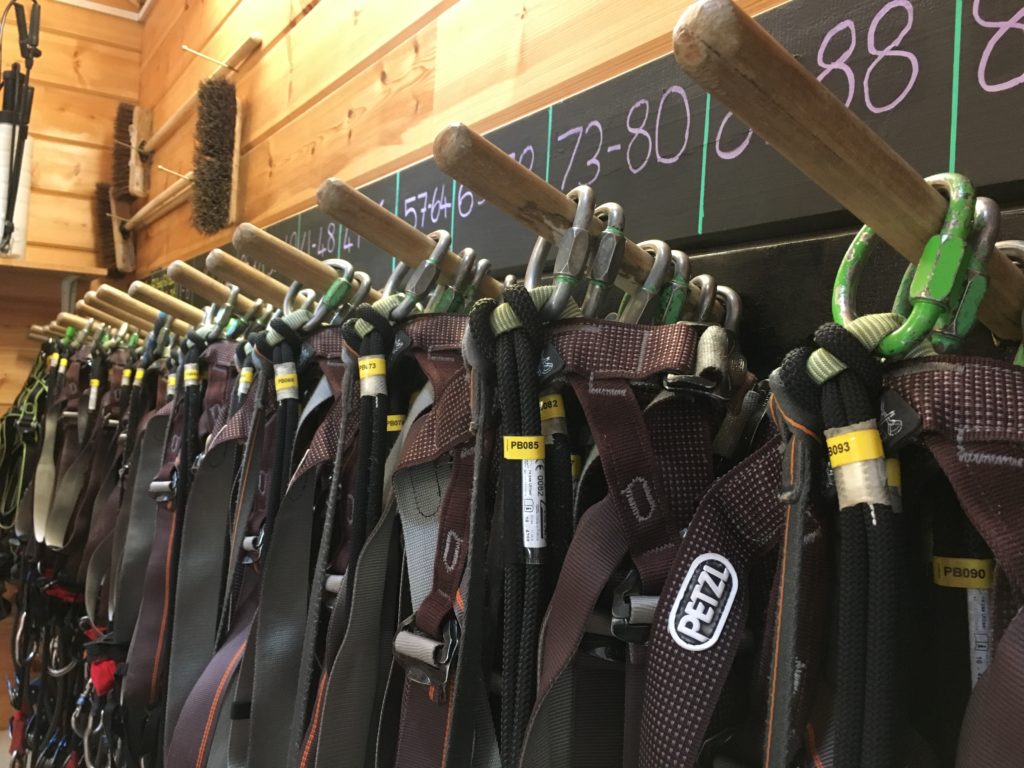Safety Management for Arborists: LOLER Thorough Examiner Training

According to the HSE, tree care is one of the highest risk industries in the UK. Safety management for arborists is therefore a hot topic, and we’re delighted to be working with one of the leading providers of short courses for arborists in the UK – Treepartner. We caught up with director Richard Allmond recently to ask his thoughts on Papertrail, and find out more about the LOLER Thorough Examiner training course which he ran recently at Mysercough College, Preston. Read on to find out more….

Could you tell us a little about the LOLER Thorough Examiner course you run to start off with?
Unlike more generalist LOLER courses, this course is a very specialist course where we discuss specialist equipment relevant to arborists. It’s the only one of its kind – Treepartner developed the workbooks and the curriculum, we deliver the course, but it has the added advantage of leading to a nationally recognised qualification.
Students have the option to sit a City& Guilds NPTC assessment on the last day of the programme. If they pass the examination, they receive a Certificate of Competence in “Thorough Examination of items in Arboricultural Equipment“.
Which subject areas does the course cover?
During the four days, we cover inspection and rejection criteria, inspection techniques, the requirements of the competent person and decision making procedures to accept, quarantine or reject components. We look at the requirements of relevant legislation including LOLER, PUWER and the work at height regulations, and of course record keeping and reporting is an important part of that.
Because of our experience in the industry, we’re able to offer advice on issues such as the pros and cons of different equipment on the market. So while it’s not advertised as part of the course, we invariably end up talking about the broader context of LOLER and creating systems for working at height. We’re helping practitioners answer questions like “have I selected the right piece of equipment” and “do these items work together”, which is an important part of the job.
What level of experience are your courses aimed at?

Generally the students on our courses are managers or foremen – practitioners with at least five years’ experience in the industry. Mostly these are practitioners who want technical information – planning to manage their own equipment, or perhaps want to start offering equipment inspections as part of their own business.
We usually have a number of lecturers on the course too, who are teaching at educational establishments such as further education colleges. Many of these come because they have their own equipment which they need to inspect in their college – it’s part of their own CPD – and of course they want to pass the knowledge they have acquired on to their own students.
In your experience, what record keeping system do most arborists use today?
The majority of arborists in the UK are relying on paper records. Which has limitations when it comes to conducting a thorough examination and understanding the history of a piece of equipment you’re inspecting. Until now, understanding the history of an item has often required tracking back through reams of paper – it really hasn’t been practical at all. As LOLER inspectors ourselves, we did create our own database for record keeping in the past – which as you can imagine, took a huge amount of time and effort.
Why are you excited about Papertrail for the tree care industry?
First of all – the fact that Papertrail makes it really easy to link inspections and see the history of an item. For example, details of any repairs or maintenance tasks that have been carried out, or any observations which have been made during previous inspections. That’s a key part of undertaking a thorough examination, and something that’s made a whole lot easier with Papertrail compared to using paper records.
I also think it’s great that by using Papertrail right from the first use of a piece of equipment, you’ve got complete traceability from day one. Plus, it’s easy to use. Being able to mark equipment as quarantined or missing at the click of a button is really key. Arborists want to climb trees, not sit in front of a computer all day!
Thanks for a great interview, Richard! If you’d like to find out more about Treepartner and their range of short courses for the arborism industry (including the LOLER Thorough Examiner Course), please click here and download the training brochure.
Improve your inspection management system today



